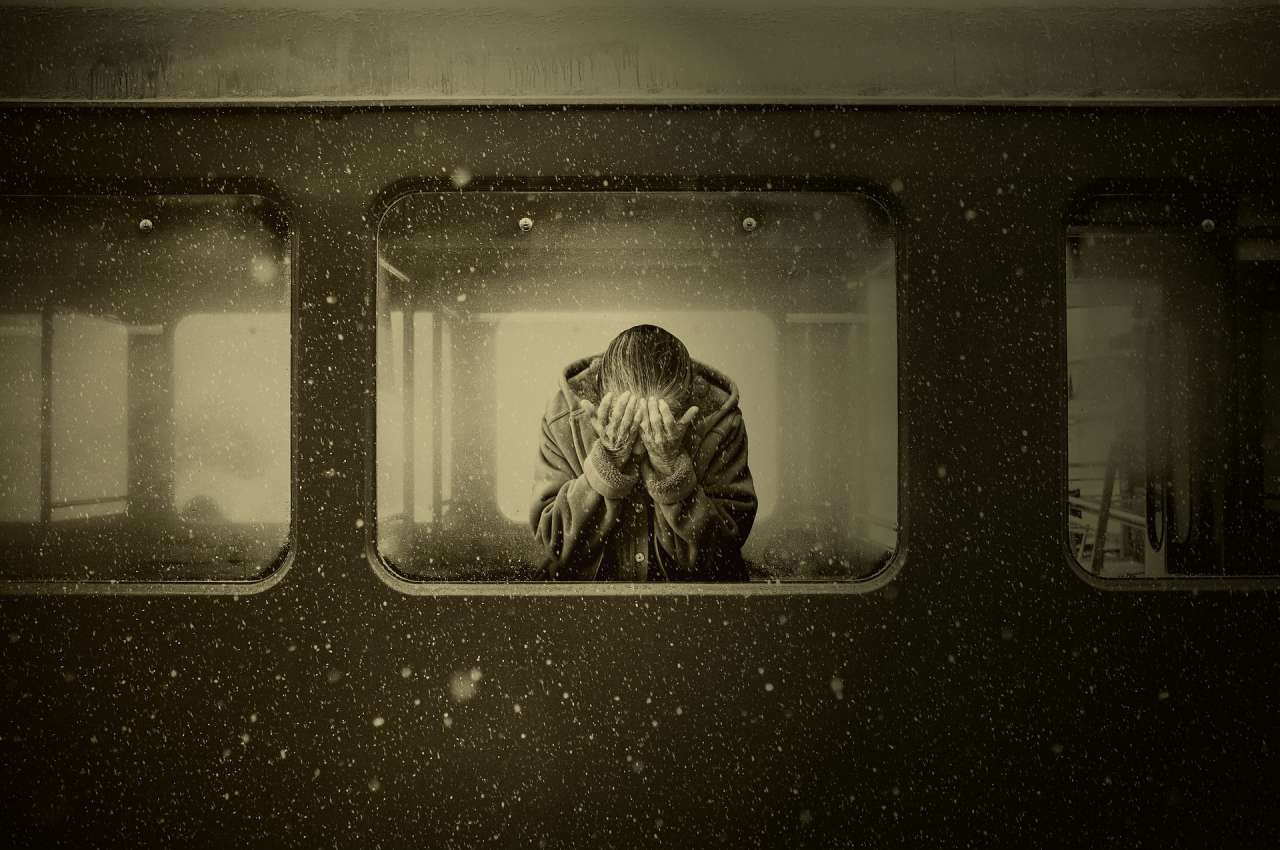Psychologists define grief as a reaction to the loss of a significant object, the loss of part of one's own identity or an expected future. In a narrow sense, loss is a human experience associated with the death of a loved one, and grief is feelings (suffering) and their manifestations (for example, crying).
How grief manifests itself
Grief is a severe emotional state that occurs after the loss of a loved one or other traumatic events. It is not depression, but be its cause. Many of the manifestations of grief and depressive disorder are similar. It is important to distinguish these states from each other.
Feeling of emptiness and meaninglessness, despair, feelings of abandonment and loneliness, anger, guilt, fear, anxiety and helplessness. Relationship with others changes. There may be a loss of warmth, irritability, a desire to retire.
According to the American Academy of Family Physicians, physical manifestations of grief include headaches, weight changes, or gastrointestinal problems.
How long does grief last
On average, a person goes through all the stages of mourning in 1–1.5 years. But the path can be bumpy. The mourner can skip stages, go back, go in his own order and pace. For example, sometimes there is no stage of denial or anger.

Why you need to live with grief
Loss, weighed down by guilt or regret, slowly undermines our "I" and makes us ashamed of events that cannot be changed.
With self-compassion, we forgive ourselves for everything we could not control, and again feel whole. We are being treated and therefore we should be kinder to ourselves.









